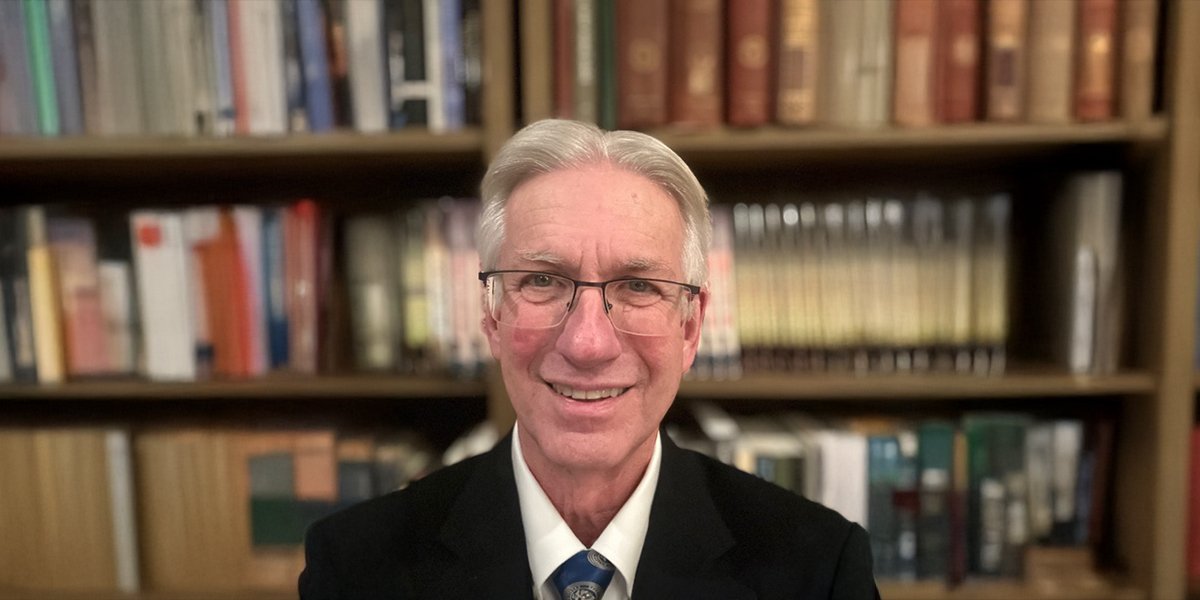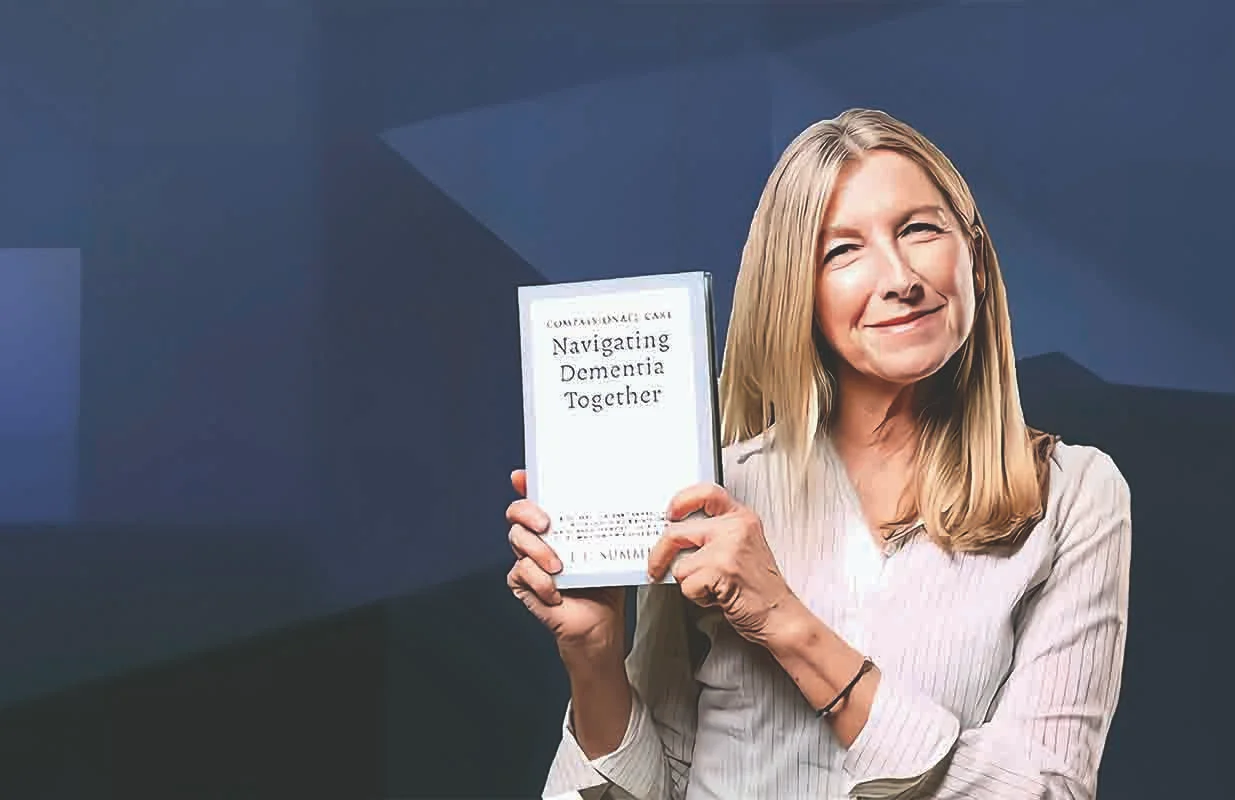John Andrews, acclaimed historical fiction author, blends his medical expertise and family experiences to illuminate the heroism of everyday individuals in World War I.
Exploring Humanity and Resilience in Times of War
John Andrews, a former physician turned author, masterfully weaves history and humanity in his World War I novels, spotlighting unsung heroes through character-driven, meticulously researched, and emotionally resonant storytelling.
Dr. John Andrews’s life is a testament to extraordinary transitions, blending an illustrious medical career with a burgeoning legacy in historical fiction. Born in Chicago and raised in Wisconsin and Minnesota, Andrews’s path began with a BA in psychology, followed by medical school at the University of Minnesota. His career in internal medicine, pulmonary medicine, and critical care spanned decades, with board certifications that reflect his profound expertise. However, it wasn’t until retirement that Andrews set out on a remarkable new chapter: becoming a novelist.
Inspired by a family history of resilience and courage, Andrews’s fiction weaves history with humanity. The roots of his writing began in 2012 when a strange story of his distant cousin—a 1936 kidnapping victim—sparked his imagination. This initial spark led to a thought experiment that evolved into his debut novel, Beware. From there, his passion for World War I deepened, giving rise to a trio of historical novels: Our Desperate Hour, An American Nurse in Paris, and Dogs Don’t Cry.
“These stories are inspired by my sons and their fellow US Marines,” Andrews explained when interviewed by Reader’s House. His sons’ journey in the military, including one son’s involvement in combat and the loss of a close friend, brought the emotional toll of war into sharp focus. This deeply personal connection to the realities of military service influenced Andrews’s portrayal of characters in his novels.
“I enjoy reading and writing about common people put in uncommon circumstances.” – Dr. John Andrews
“Our family’s experience helped me understand the fears and grief of the home front,” Andrews shared. He channeled these emotions into Our Desperate Hour, a riveting exploration of the Battle of Belleau Wood. The book captures not only the heroism of the US Marines but also the courage of Navy medical personnel serving under unimaginable pressures. For Andrews, the human element lies at the core of his storytelling. “It’s what readers yearn for—the human side of stories that connect us to those who lived through these extraordinary times.”
In An American Nurse in Paris, Andrews introduced readers to Alice Simmons, a young journalist-turned-nurse striving to uncover the truths of war. Her journey, fraught with misogyny and societal expectations, mirrors the struggles of countless women whose stories have remained untold. Meanwhile, Dogs Don’t Cry addresses the harrowing experiences of orphaned French refugees in World War I, providing a heartwarming yet sobering account of survival through the eyes of two teenagers and their loyal border collie.
Each of his novels highlights unsung heroes. Nurses, journalists, and medical personnel take centre stage, bringing a fresh perspective to a genre often dominated by tales of soldiers and generals. Andrews’s extensive medical knowledge adds authenticity to his depictions of battlefield medicine, a perspective rarely explored in such detail. He meticulously researched Army and Navy medical records to tell these stories through a “medical lens,” ensuring historical accuracy while maintaining narrative poignancy.
Beyond the historical focus of his novels, Andrews’s journey as an author is an inspiration in itself. “It’s extremely difficult for writers over the age of 60 to break into the market,” he admitted. However, with unyielding patience, persistence, and passion, Andrews defied the odds, proving that it’s never too late to pursue storytelling. His advice for aspiring writers? “Believe in yourself, be true to yourself, and above all, write, write, write.”
Dr. John Andrews’s work brings to life the sacrifices and resilience of those who lived through the Great War, ensuring their stories are preserved for future generations. As he poignantly reminds us, “I enjoy reading and writing about common people put in uncommon circumstances. These stories deserve to be told.”
For more about John Andrews and his novels, pick up the latest issue of Reader’s House Magazine. His passion for history, compassion for humanity, and dedication to detail make him a truly exceptional voice in the world of historical fiction.











